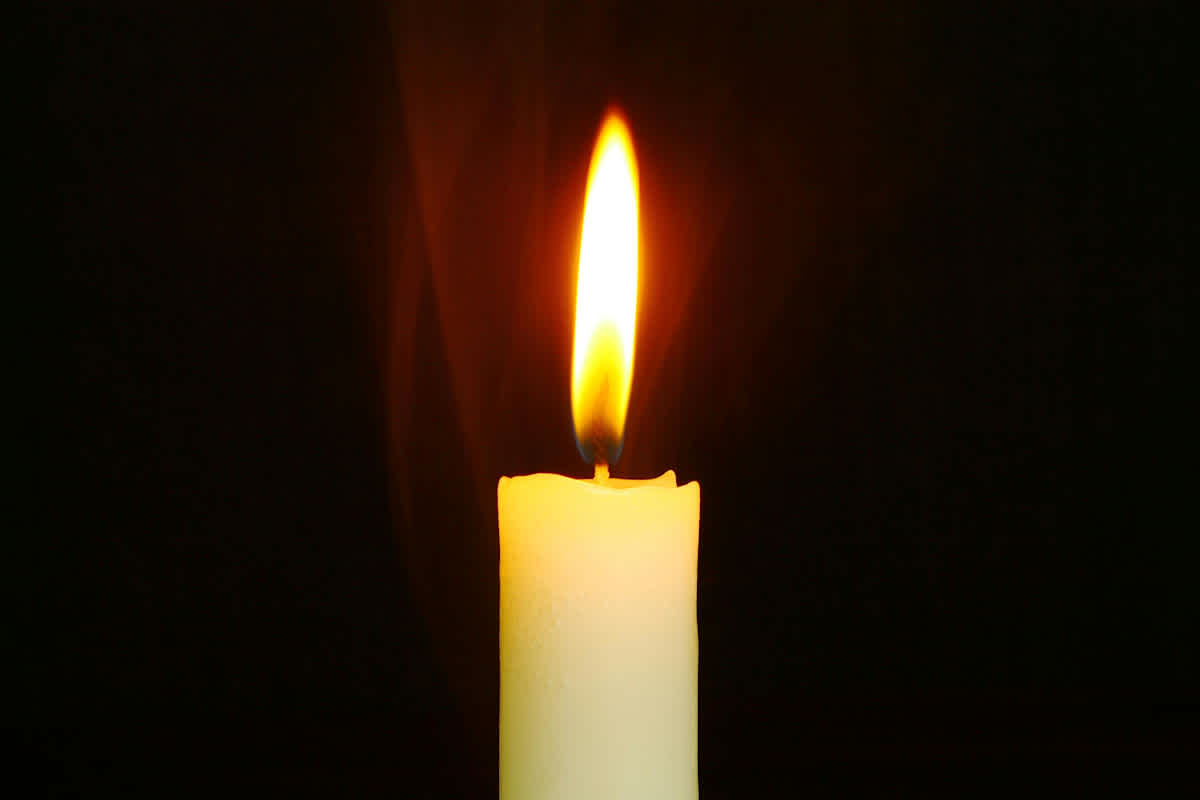
Written by
Meditating in the field
4 min read
Holy day, holi-day, holiday…
Also I gave them my Sabbaths as a sign between us, so they would know that I the Lord made them holy (Ezekiel 20: 12)
In a conversation with a colleague’s wife, she explained he did not take a single day off in the pre-tenure years. He worked every single day. Holy day, holi-day, holiday… in my head I counted away the number of holi-days he missed. There are 52 Sabbaths per year. The pre-tenure years were 7 years. 52 times 7 makes 364 days. That’s 364 days (one day short of a year) of paid holi-days forfeited! To put it another way, for every 7 years, one would work for another year for free! Why would anyone want to do that?! Or, maybe we often would, or cannot help but, do exactly that?
What is so special about the holi-days?
It is the seventh day of the week, when God rested from His work of creating the world (Gen 2:3). Yet God rested not because He was tired. In the Book of Mark Jesus explained, “The Sabbath was made for man, and not man for the Sabbath. Therefore the Son of Man is also Lord of the Sabbath” (2: 27, 28). Very curiously, in the Chinese lunar calendar, the seventh day of the first month is also designated the “human day” (人日). Ancient civilizations may be culturally distinct and yet conceptually similar. In other words, there is an interlocking relationship between God, humans, and the Sabbath. God is greater than the humans, who are greater than the Sabbath (God >humans>Sabbath). God designed and designated the Sabbath for the humans so they can lead a humane lifestyle. But it does not mean the humans can abolish or act freely on the Sabbath. After all, God is Lord of the Sabbath, not humans.
Through the various bible passages, we understand the Sabbath is holy, solemn, and sanctified. To maintain the sanctity of this special day, humans rest from their labor ( Exo 20:8-11; Lev 23:3; Deu 5: 12-14). In the stillness that comes through resting, God wants all to know that He is God (Psa 46: 10) and He is the one that saves (Deu 5: 15). The Sabbath was made not to constrain or burden the humans, but rather to liberate, nurture, and heal (Mat 12:12; Luk 13: 10-17). God explicitly states in the Book of Isaiah:
If you keep your feet from breaking the Sabbath and from doing as you please on my holy day, if you call the Sabbath a delight and the Lord’s holy day honorable, and if you honor it by not going your own way and not doing as you please or speaking idle words, then you will find your joy in the Lord, and I will cause you to ride on the heights of the land and to feast on the inheritance of your father Jacob. The mouth of the Lord has spoken (58: 13 and 14).
Isn’t this something?! The Lord has spoken. If we keep His holi-days there will be blessing galore. Even a president cannot guarantee the citizens that they would be blessed if they rested on the National Day. I mean resting in itself is already a blessing. But God is saying on top of getting a good rest, there will be plenty other benefits (which we might not yet fully realise or comprehend).
God’s foresight is immeasurable. He is the maker of time. Every single breath of ours keeps count of its passage. Right from day one of the world, God already knew one day the logic of capitalist economy would take over. Rest will be stolen. People will be busy making more of everything that they will not have time to rest. His people will be dehumanized. More is good, more is prosperous, more is successful. Within this logic, God has no place. The world spins fast and furious. Humans invent machines to increase product yield and convenience, and to save time (because time is money). Yet humans end up working like machines. Lethargy, fatigue, chronic physical sickness, mental ill health, broken personal relationships, exploitation subsequently ensue. Through the Sabbath, God mandates time for resting. He insists on us to slow down, pause, reflect and return to resist social forces that dehumanize.
While God has shown us Sabbath keeping as the way towards a better life, it is also a reminder of our own mortality. Yes, sooner or later all of us, with no exception, will see death in the eyes. The Sabbath is a sign between God and observers of Sabbath that one day they will enter eternal rest (Heb 4:11). Limited by our own finite being, it is challenging for humans to fully understand what infinite rest means. Through Sabbath, God allows us to get a foretaste of what being still in His presence might be like.
Mid-year resolution: go sleep by 10pm on Fridays…




